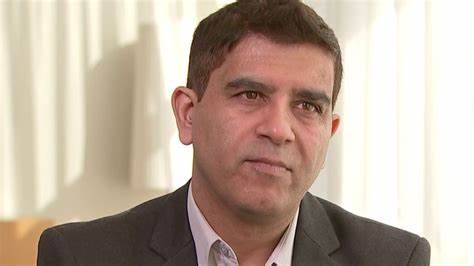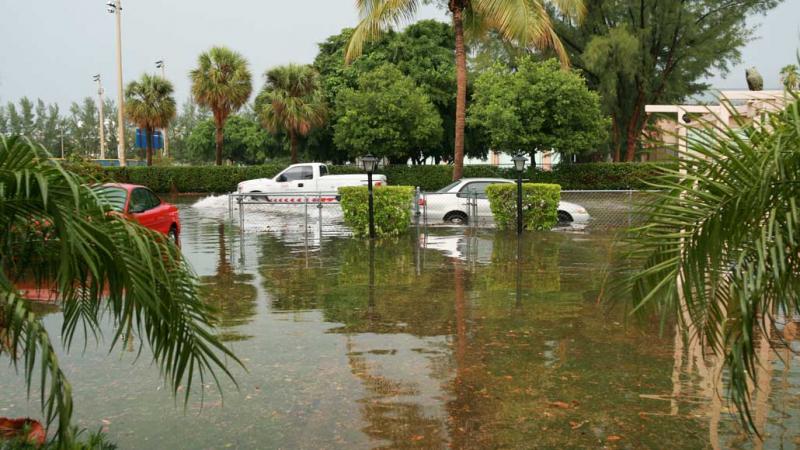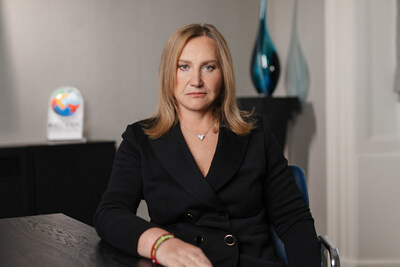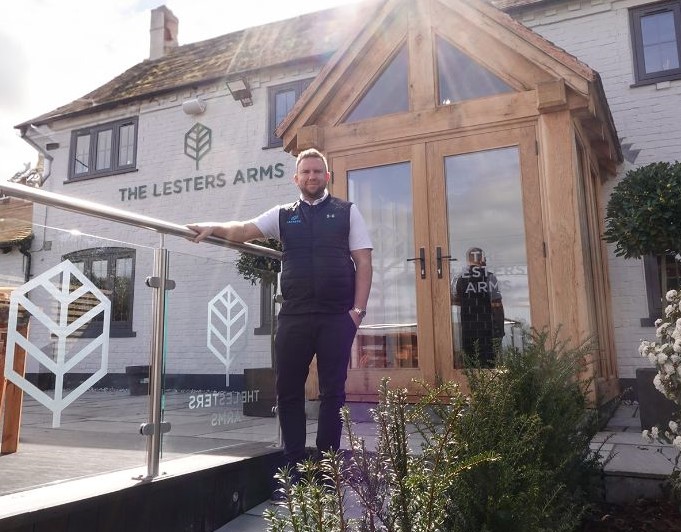COP26 has confirmed that world-wide net zero emissions by 2050 won’t happen. The drive to tackle climate change needs to start with solutions that are available here and now, argues Ben Richardson, CEO of greentech company SulNOx Group PLC.
One of the key aims of the COP26 climate conference in Glasgow was to get the world to agree to reaching net zero emissions by 2050.
Even if that had been achieved, that is still almost 30 years away. 30 years during which industry and transport will still lean heavily on fossil fuels.
But that 2050 target has already slipped. India has pledged to make its emissions net zero, but not until 2070. That’s two generations away. China says it will be carbon neutral by 2060. That’s two of the world’s top three polluters who will not be making any real inroads on climate action for years to come.
A lot of the focus at COP26 has been on these kinds of pledges and deals that promise to achieve X by Y. However, the stark takeaway, after days of meetings and talks, is that fossil fuels will continue to dominate our energy requirements in the immediate future with certain further damage to the environment. SulNOx Group PLC provides an innovative and sustainable route to significantly limiting damage from the world's reliance on fossil fuels.
In a recent report, the International Energy Agency (IEA) stated that the world’s reliance on hydrocarbon liquid fuels will continue and is likely to still account for 80-90% of transport consumption in 2030. Talk around COP26 has been predominantly about clean energy, which absolutely needs to be the ultimate goal, but we have to acknowledge that is, unfortunately, a long way off.
This means immediate solutions with significant, lasting impacts are needed to bring down emissions today.












